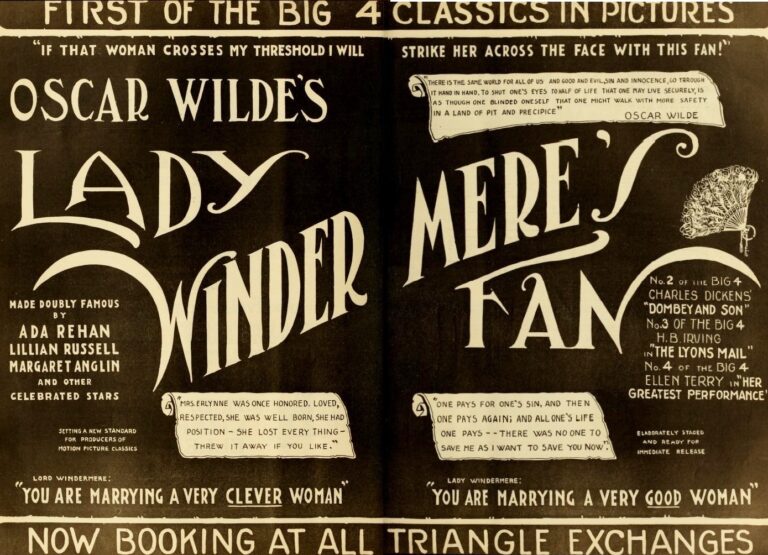Mansfield Park by Jane Austen – A Quietly Powerful Classic Worth Revisiting
📚 Introduction: Why Mansfield Park Deserves a Closer Look
When most readers think of Jane Austen, they immediately turn to Pride and Prejudice or Emma. But hiding quietly among her more popular novels is one of her most subtle, morally complex, and thought-provoking works: Mansfield Park.
First published in 1814, Mansfield Park offers a nuanced portrayal of virtue, class, and inner strength, told through the eyes of one of Austen’s most misunderstood heroines — Fanny Price. While it may not be as light-hearted or romantic as her other works, it is a deeply layered novel that explores ethical dilemmas, personal growth, and the clash between appearance and integrity.
If you’re interested in classic English literature that rewards thoughtful reading, this is a must-read.
📝 Mansfield Park Summary
Mansfield Park tells the story of Fanny Price, a shy and modest girl from a poor family who is sent to live with her wealthy relatives at Mansfield Park. Surrounded by luxury and privilege, Fanny remains an outsider — observing the flaws, vanities, and hypocrisies of the upper-class world around her.
As the Bertram family becomes entangled with the charming yet morally dubious Crawford siblings, Fanny stands firm in her values, even when it costs her social acceptance and romantic prospects. The story is less about external action and more about internal conflict, making it one of Austen’s most introspective novels.
🌟 Why Read Mansfield Park?
👩🦰 1. Fanny Price: A Different Kind of Heroine
Fanny isn’t witty like Elizabeth Bennet or flirtatious like Marianne Dashwood. She’s quiet, reserved, and principled — a character whose strength lies in moral clarity and emotional endurance. Though some readers find her passive, others see her as Austen’s most authentic and ethical protagonist.
💬 2. Sharp Social Commentary
Austen subtly critiques the class system, gender roles, and moral corruption among the wealthy. The novel raises questions about what it means to live a good life — not just in status or success, but in values and choices.
🧠 3. Psychological Depth
Mansfield Park offers a rich psychological portrait of its characters, particularly in the way it contrasts Fanny’s quiet integrity with the charisma of characters like Mary and Henry Crawford, who are appealing but ethically questionable.
📖 4. Underrated Among Austen’s Works
Often overshadowed by her more popular novels, Mansfield Park is a hidden gem for readers who enjoy slow-burning stories with serious themes. It’s a more mature, contemplative work that reveals new insights with each read.
🧠 Key Themes in Mansfield Park
-
Morality vs. Charm – The contrast between appearances and ethical substance
-
Class and Privilege – The impact of social standing on opportunity and identity
-
Female Agency – The limited choices available to women in Regency England
-
Family and Belonging – The tension between blood ties and emotional connection
-
Self-Respect and Inner Strength – Fanny’s refusal to compromise her values
👩🏫 About the Author: Jane Austen
Jane Austen (1775–1817) is one of the most celebrated novelists in English literature. Her novels are known for their sharp wit, social realism, and timeless romance. Along with Mansfield Park, her other famous works include:
-
Pride and Prejudice
-
Sense and Sensibility
-
Emma
-
Northanger Abbey
-
Persuasion
Despite writing during a time when women’s voices were often dismissed, Austen’s work continues to resonate with readers around the world.
✅ Conclusion: A Quiet Classic That Speaks Volumes
Mansfield Park may not sweep you off your feet with romance, but it will challenge your ideas about virtue, strength, and what it means to be “good.” In a world full of charming distractions, Fanny Price reminds us that true character is often found in stillness, not in noise.
Whether you’re revisiting the classics or discovering Jane Austen for the first time, Mansfield Park is a novel that deserves your time — and your reflection.






